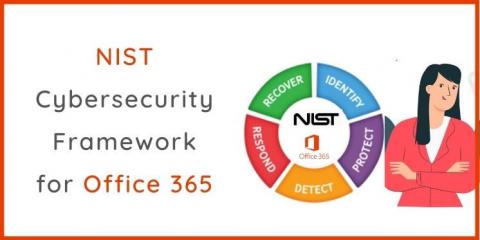How to Fix The Top 10 Critical CVEs That Can Lead To A Data Breaches
A typical organization’s environment consists of a myriad of applications and services, each with its own unique set of ongoing vulnerabilities and flaws that could ultimately lead to a data breach. This can make IT security and operations’ job difficult, as different departments and groups within a company may utilize specific software offerings to accomplish their job functions.










